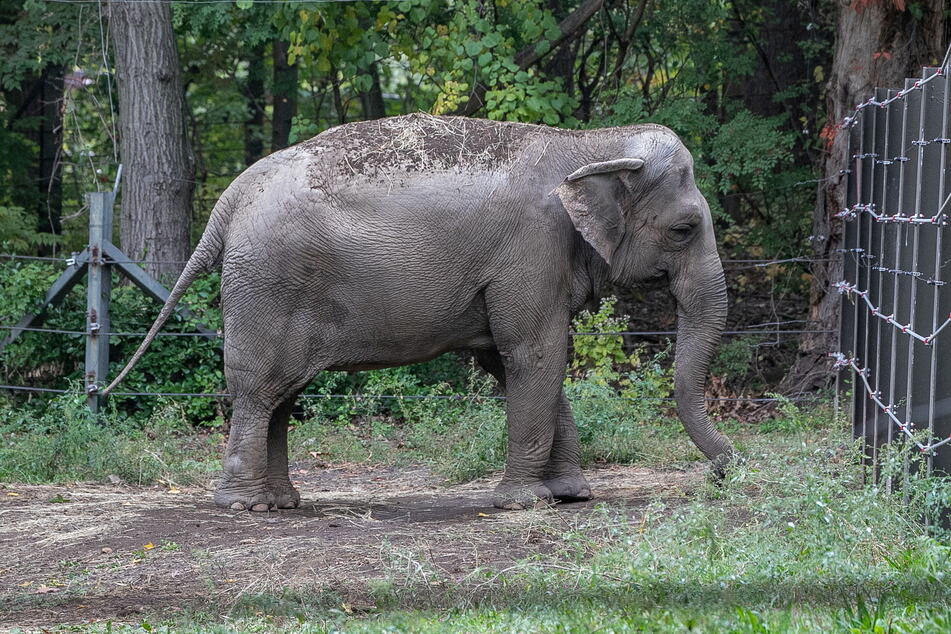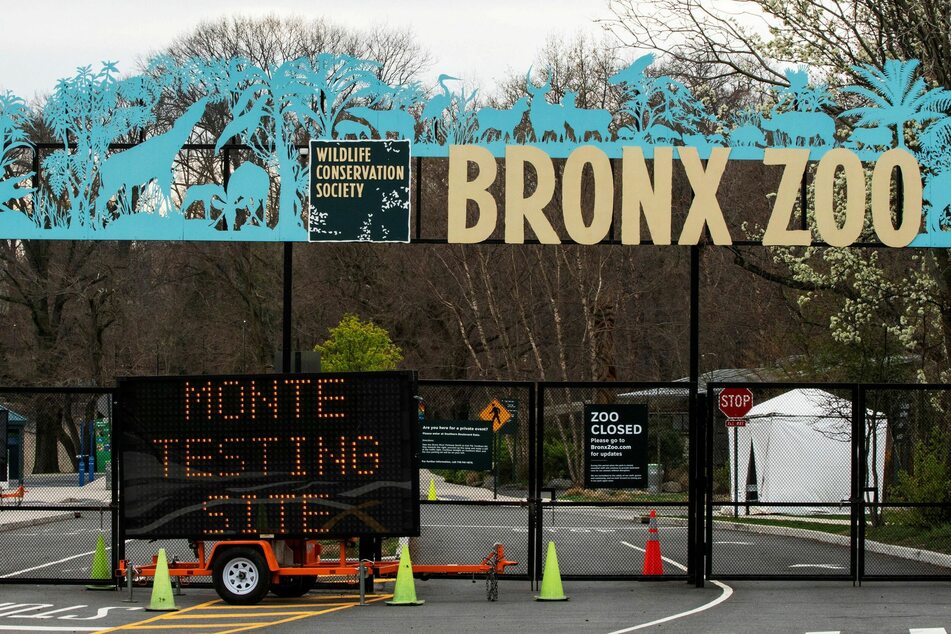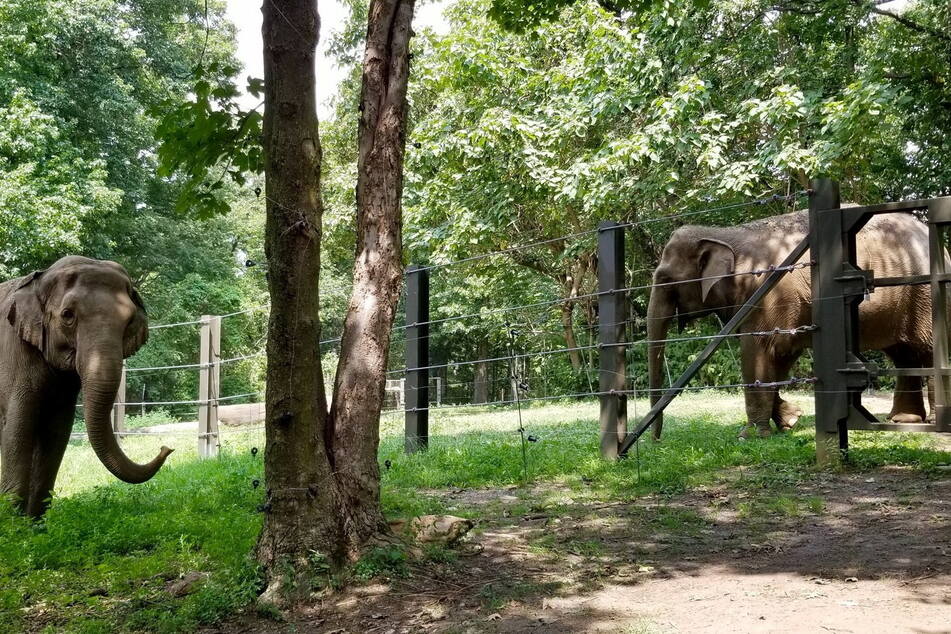Bronx Zoo's Happy the elephant isn't a person, NY court rules
New York, New York - New York’s top court ruled Tuesday that a female elephant named Happy is "not a person" and lacks the human right to be released from "custody" at the Bronx Zoo.

The judges at the state Court of Appeals ruled five against two in favor of keeping Happy captive.
The 8,500-pound Asian elephant, the court wrote, is "a nonhuman animal who is not a 'person' subjected to illegal detention."
Happy is not entitled to "habeas corpus," a legal concept which allows humans to claim unlawful detention in court and seek release.
"No one disputes that elephants are intelligent beings deserving of proper care and compassion," the court added.
The ruling upheld two lower court decisions from 2020 ruling that the elephant was not a person.
Elephants are self-aware, researcher says

Happy’s legal advocates with the Nonhuman Rights Project called the decision "out of touch with the times," adding that it was "a loss for everyone who cares about upholding and strengthening our most cherished values and principles of justice – autonomy, liberty, equality, and fairness – and ensuring our legal system is free of arbitrary reasoning and that no one is denied basic rights simply because of who they are."
They had argued the elephant was self-aware. An elephant researcher who filed an affidavit in the case noted that elephants like Happy seem to mourn the dead, have the largest brains of land mammals, are capable of empathy and have long-lasting memories.
The animal's lawyers pointed to a 2006 "mirror test" that she passed that showed elephants, chimps, and dolphins recognize themselves – just as humans do.
"She was able to recognize her reflection in the mirror as herself," Judge Rowan Wilson wrote in a blistering 70-page dissent. "Happy has a level of autonomy, intelligence, and understanding that could make suffering particularly acute... She understands that her life progresses sequentially, and she is aware that she is alone."
"We should recognize Happy’s right to petition for her liberty not just because she is a wild animal who is not meant to be caged and displayed, but because the rights we confer on others define who we are as a society," Wilson concluded.
Lawyers argue Happy is lonely

But lawyers for the Bronx Zoo argued against expanding the term "person" to include elephants and chimps, which they said had no precedent in American law.
"It is a mistake to ignore the importance of humanity as a core characteristic upon which rights are based," the zoo’s lawyers wrote in their brief opposing Happy’s release.
The elephant was "kidnapped" in Thailand in the 1970s and taken to the Bronx, where she has been for more than four decades, lawyers with the Nonhuman Rights Project wrote.
She lived alongside Grumpy, a fellow elephant, until Grumpy died in 2002 after being attacked by two other elephants. Happy lives alone now because she and other elephants at the zoo do not get along, according to court papers.
Attorneys seeking Happy’s release from custody say that the Bronx Zoo’s 265 acres are less than 1% of the space the 51-year-old mammal would cover in a day in the wild.
They had suggested she be moved to elephant sanctuaries in either Tennessee or California.
"Happy is an extraordinarily intelligent and autonomous being who possesses advanced analytic abilities akin to human beings, who has been forced to miserably live upon a solitary and lonely Bronx Zoo acre for more than four decades, and who should be treated with respect and dignity and may be entitled to liberty," her lawyers wrote.
Cover photo: GIGI GLENDINNING via REUTERS